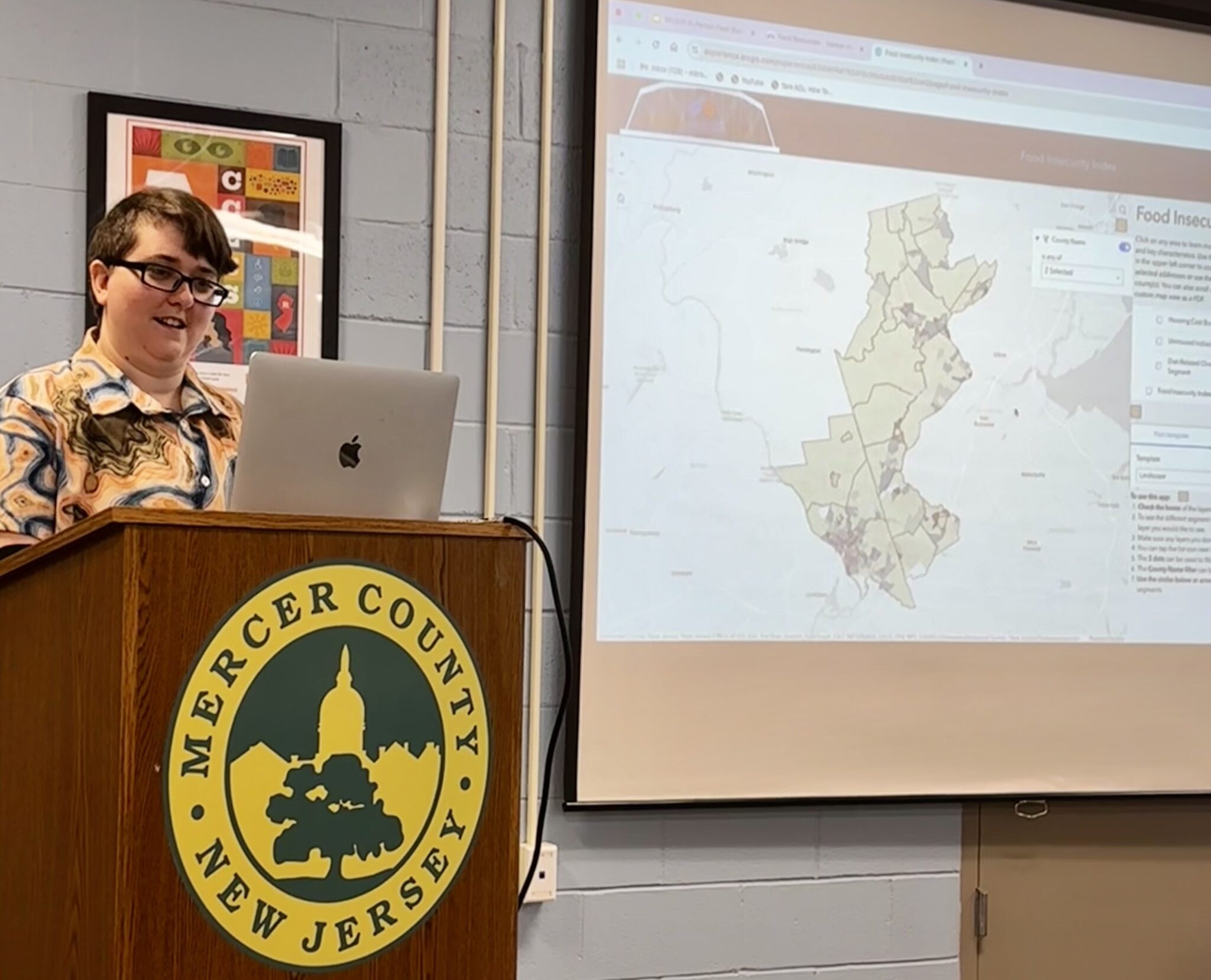Team Fighting Overdose Deaths Shares Recommendations
Trenton NJ — The Mercer County Overdose Fatality Review Team (OFRT) recently published recommendations based on their work analyzing circumstances surrounding fatal overdoses, including policy changes such as Naloxone administration by all emergency medical services, and routine Fentanyl testing in emergency departments. See report summary
The OFRT, convened by Trenton Health Team and the Mercer County Department of Human Services, includes local health and law enforcement officials, community health care and social service providers, employing a new strategy aimed at preventing drug-related overdose deaths in our community. The team launched its work last year with support from the New Jersey Department of Health.
Members hold confidential, multi-agency reviews focused on problem solving – not finger-pointing – to address an overdose crisis that kills, on average, more than eight people a day in New Jersey.
“We each play a critical and special part in making a difference in our community and the individuals we serve,” said Jocelyn Cooper, executive director of the Mercer Council on Alcoholism and Drug Addiction. “In understanding and valuing one another’s strengths, we work together to ensure that our community members are connected with services that will be meaningful and appropriate, no matter where they are in their substance use or recovery journey…
“Each of us understands that if we are going to effect change, improve conditions and help individuals reach their goals, that we are stronger together.”
OFRT will continue it work into 2022. The team reviewed 26 deaths during its first year and issued recommendations including:
- Engage wider participation from local emergency departments, emergency medical services and jail/prison system to better understand workflows and processes
- Explore a funding source to support targeted, tiered harm reduction outreach, using geospatial analysis of overdoses in Mercer County.
- Collaborate with community organizations located in targeted outreach locations to support outreach at street level, motels and known active use areas
- Consider creating a mobile harm reduction unit for targeted harm reduction that offers additional social service support and referrals to treatment
- Research sustainability and feasibility of placing naloxone in rooms of known motels where overdoses have occurred
- Establish an advocacy subcommittee to promote changes in policies and process to better meet community needs; such as Naloxone administration by all emergency medical services, Fentanyl testing in emergency departments, acceptance of Medicaid patients at private treatment facilities and increased Medicaid reimbursement rates for treatment.
More than 30 agencies, ranging from law enforcement to addiction services, have come together to form the Mercer County Overdose Fatality Review Team (See list of 2020-21 members). Members review details of each death, adhering to all privacy and confidentiality legal requirements. OFRT members share a breadth of knowledge, resources and perspectives.
“By studying patterns of overdose in the community, OFRT members can identify gaps in the system of care and make recommendations to help save lives,” said THT Executive Director Gregory Paulson. “Such collaboration is a nationally recognized model for addressing overdose fatalities.”










